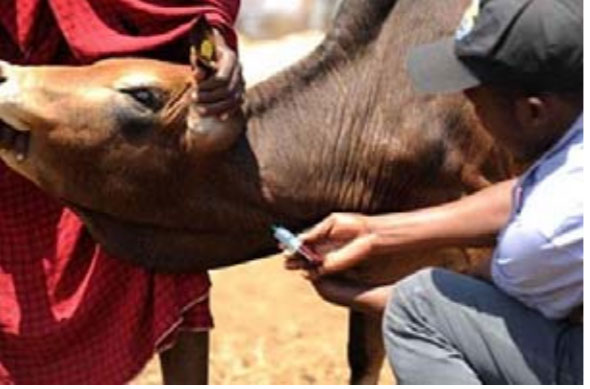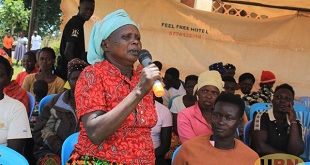
London, UK | THE INDEPENDENT | A new initiative has been launched to find treatment for African animal trypanosomiasis or nagana in Africa.
The disease, estimated to be killing as many as three million cattle in Africa, annually is one of the neglected animal diseases because little attention has been directed toward developing new drugs to treat it.
But today, the Bill and Melinda Gates Foundation, the UK Government’s Foreign, Commonwealth and Development Office, Boehringer Ingelheim and GALVmed on Tuesday announced a new partnership for research and collaboration to promote and develop solutions to address African animal trypanosomiasis.
According to a joint statement, the Bill and Melinda Gates Foundation, the UK Government Foreign Commonwealth and Development Office, Boehringer Ingelheim, and GALVmed will conduct research and collaborate with other academic and international projects to promote and develop solutions to address African animal trypanosomiasis. The partnership will be headed by Boehringer Ingelheim, the world’s leading research-driven pharmaceutical company.
“Existing control tools are considered to be inadequate: there are no vaccines, no cost-effective pen-side diagnostic tools, and drugs currently used to treat African animal trypanosomiasis are associated with problems of counterfeiting and drug resistance,” reads part of the statement.
The statement said the partnership’s aspiration is to be able to launch a new solution for AAT before 2030. It noted that the Development of new veterinary products takes many years. “It is a complex process and the partnership has much work to do before it can declare that it has a highly prospective new solution and what a likely launch date would be,” it said.
A separate study in 2020 by the Liverpool School of Tropical Medicine revealed that the primary measure farmers have to combat nagana is drug treatment, but the two main drugs used to treat it were over 50 years old.
It found that resistance to those drugs was increasingly being reported, yet there are very few drugs in the development pipeline. “Despite being such a significant issue, we know very little about how trypanosomes resist the effect of the drugs, and how nagana drug resistance emerges and spreads. These knowledge gaps limit our ability to mitigate the problem,” said the Liverpool School of Tropical Medicine.
Losses directly attributed to reduced meat and milk production as well as the cost of treatment and tsetse control are estimated to be more than USD 1 billion annually. It is further estimated that losses in agricultural gross domestic product in all affected areas in Africa are believed to be around USD 4.5 billion annually.
Studies among livestock keepers and animal health workers indicated that tick-borne diseases and African animal trypanosomiasis or nagana were the most important livestock diseases in the Karamoja region.
African animal trypanosomiasis or nagana is a disease of vertebrate animals affecting cattle, water buffalo, sheep, goats, horses, pigs, dogs, and other species. It is caused by the protozoan parasites Trypanosoma congolense, Trypanosoma vivax and, to a lesser extent, Trypanosoma brucei brucei, and is a significant problem in Africa where it is mainly spread by tsetse flies.
Infectious parasites enter the bloodstream of the host animal and multiply causing fever, weakness, lethargy and anaemia which lead to weight loss, reduced fertility and milk production, and may result in death.
****
URN
 The Independent Uganda: You get the Truth we Pay the Price
The Independent Uganda: You get the Truth we Pay the Price



